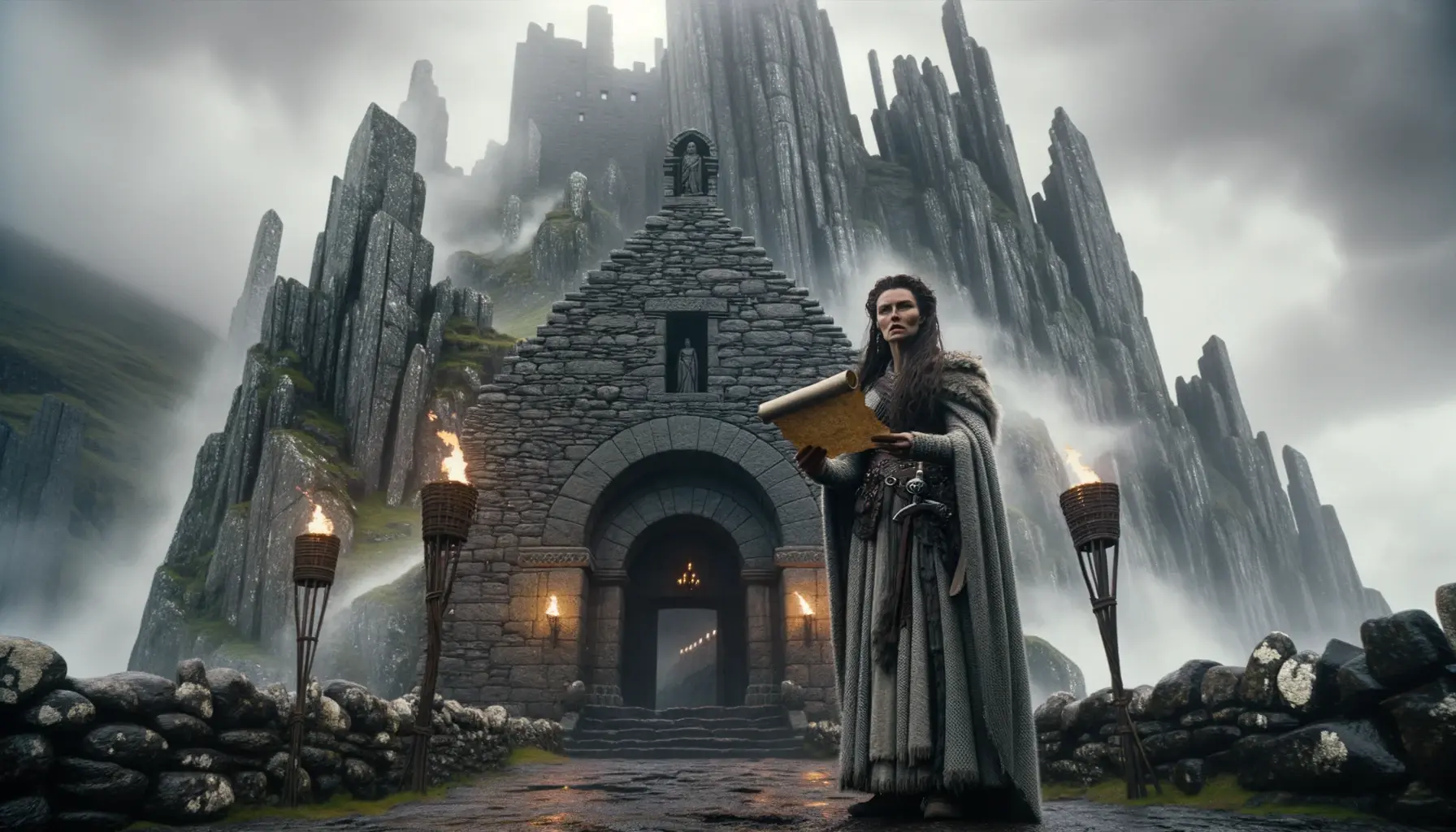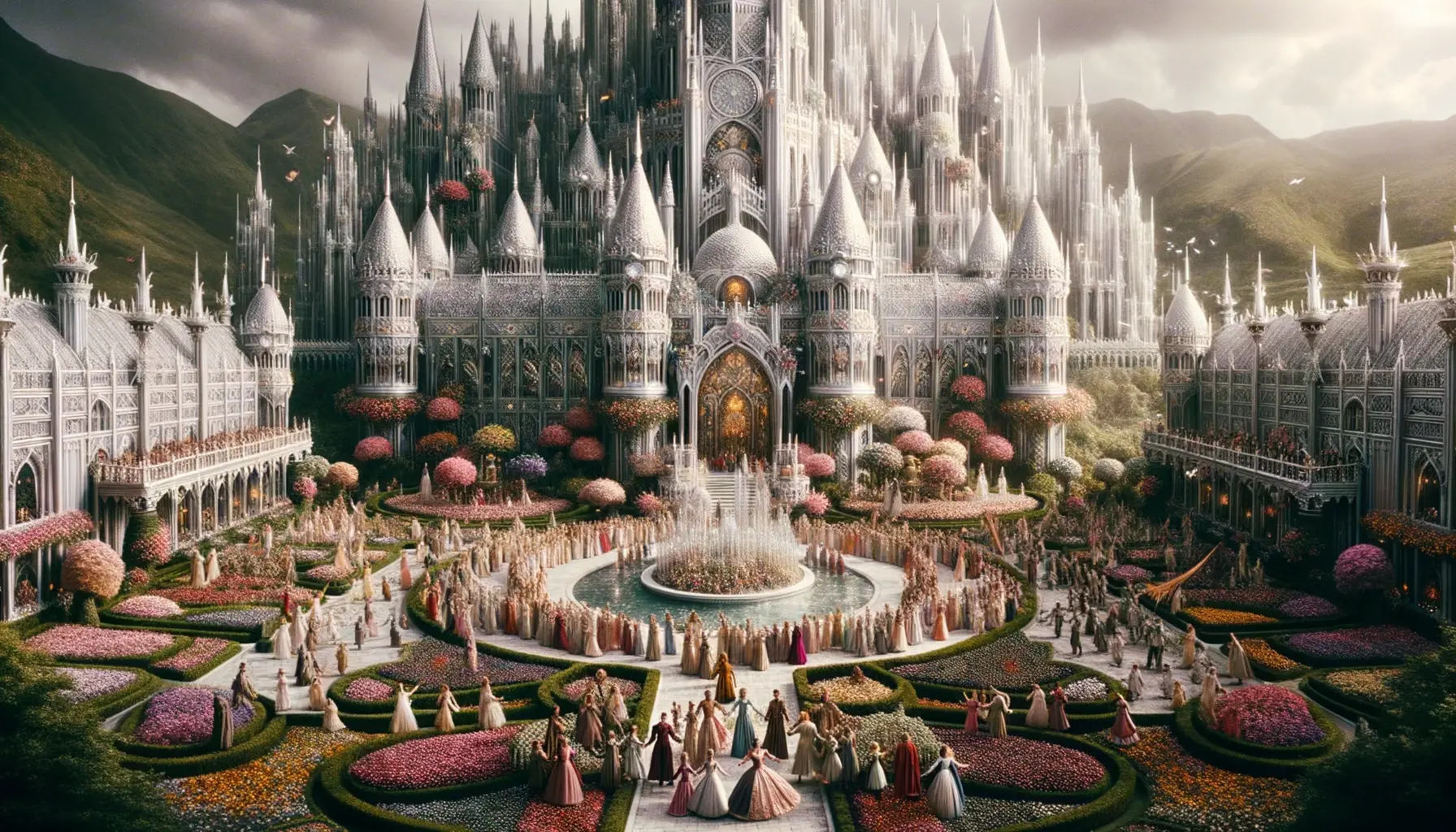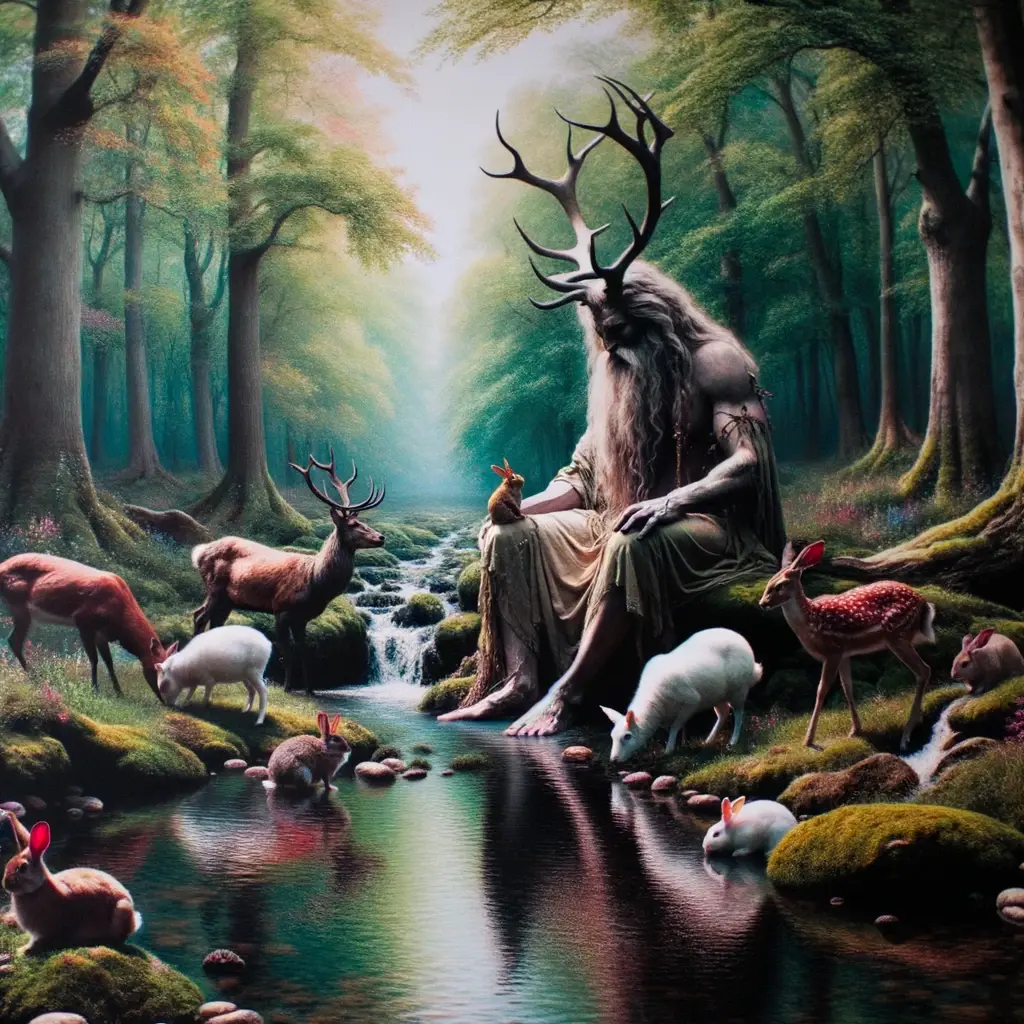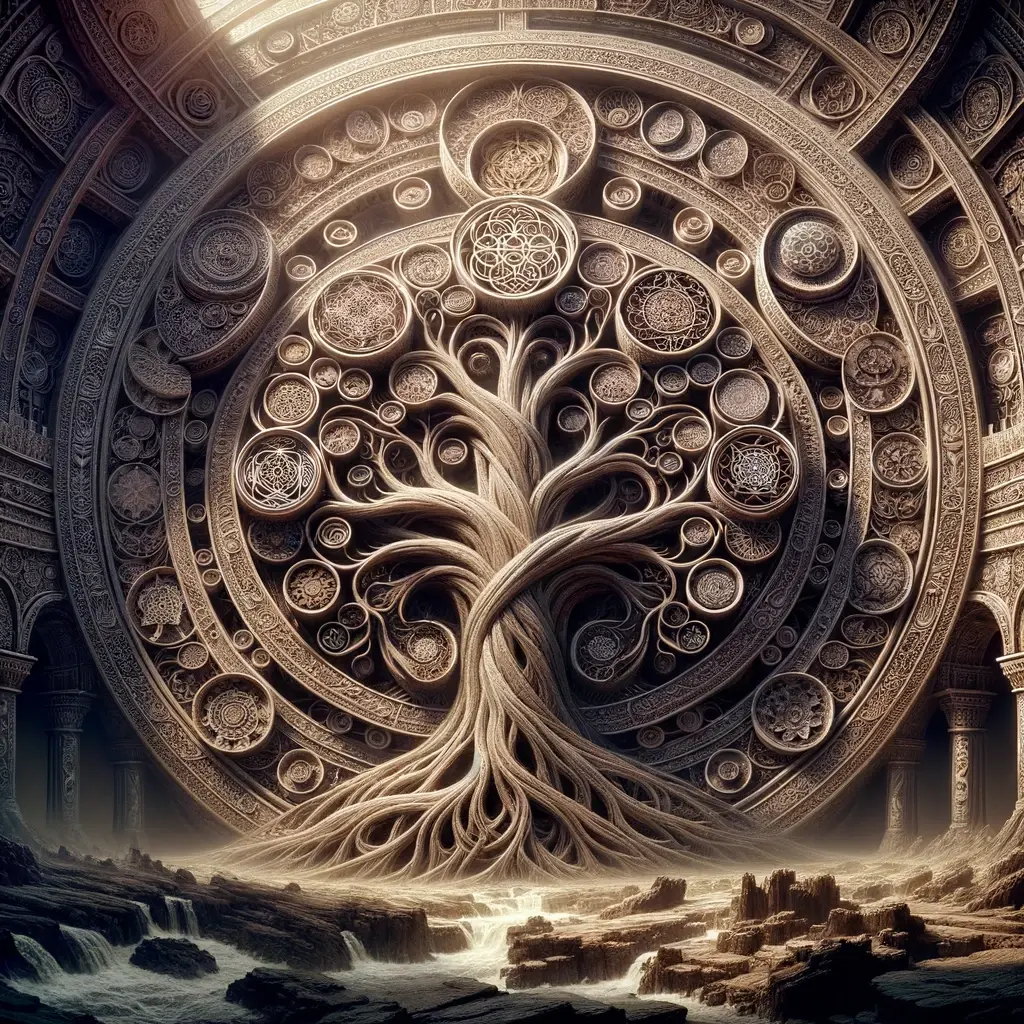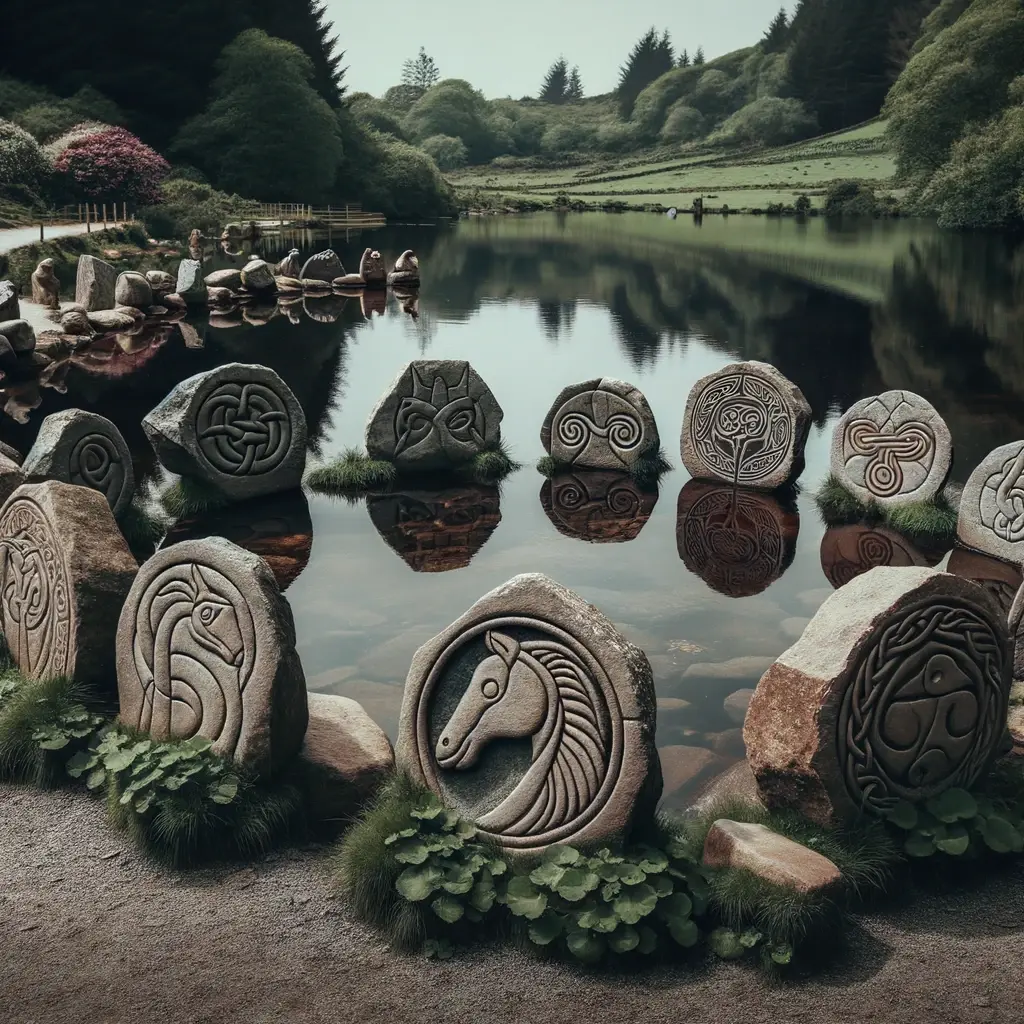Gaelic Names: Meaning, Origin, and Popularity
Ever found yourself enchanted by the melodic lilt of Gaelic names, mystified by its unique spelling, or curious about the rich history that it carries? Gaelic names, steeped in Celtic tradition and mythology, aren’t just beautiful to the ear—they are a profound connection to a culture that dates back thousands of years. Whether it’s the … Read more




